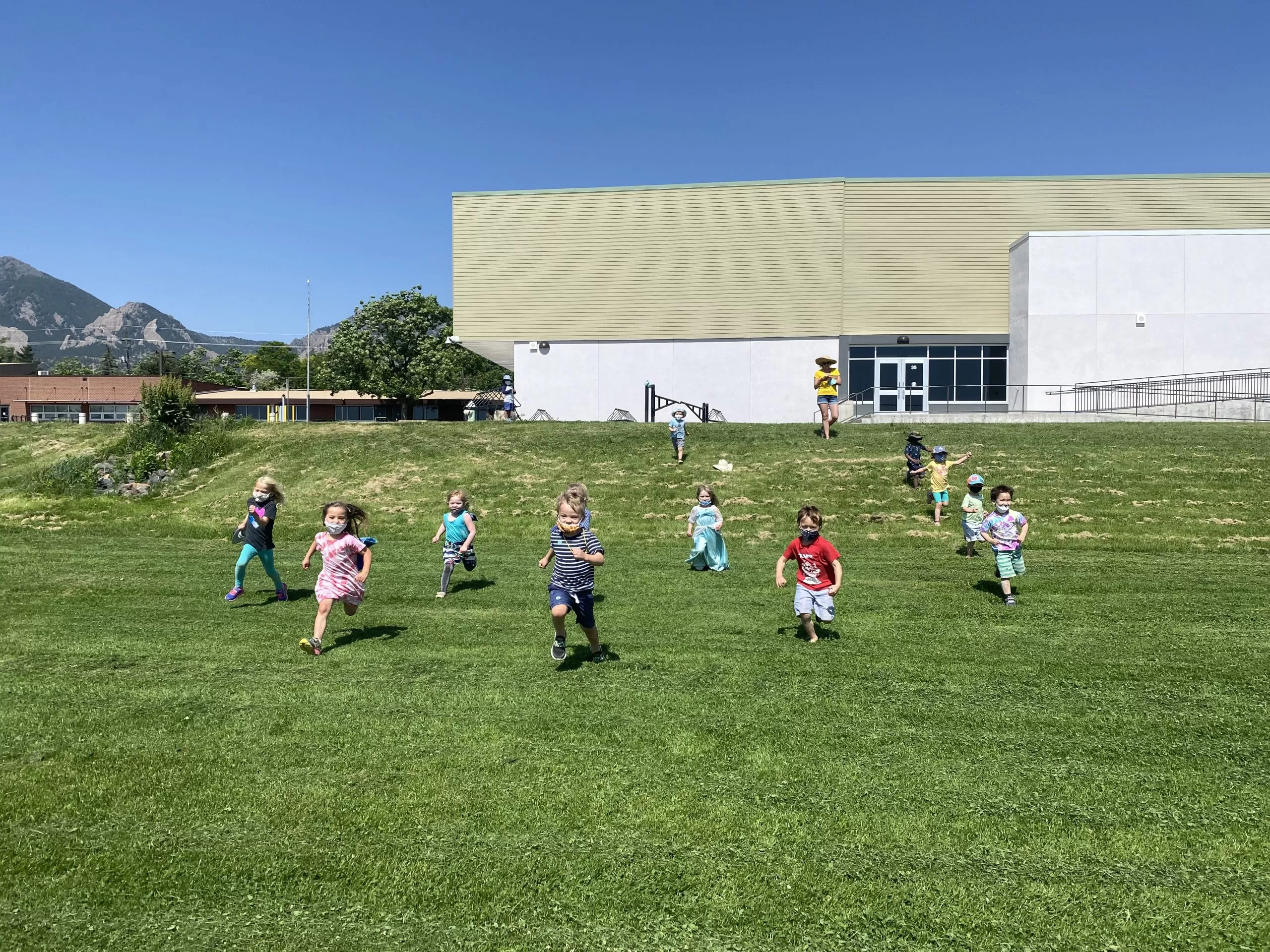“...all work and no play is no good at…” stares up at me in an endless loop from the stem on my old Gary Fisher mountain bike. I remember this image lately as I’ve been thinking a lot about the importance of “play” and its connotations of frivolity. As I introduce prospective families to Bixby, I regularly find myself explaining what a “play-based” program means. I assume that families will perceive this as meaning that we simply leave kids on their own to roam from one unimaginative activity to another. Much to the contrary, providing a rich, engaging curriculum that anticipates and responds to children’s intrinsic curiosity requires a deep knowledge of child development, careful observation, and creativity. The truth is that play is hard-wired into our brains for a reason. As 7-year old Molly Wright effectively demonstrates in this recent TED Talk, play is a vital element of healthy child development and cognition. Just like the muscles in our body, play provides a way to push the boundaries of what is familiar and take risks, which in turn expands our bank of experiences and spurs growth in our brains.
The challenge I see all too often in many formal school settings is that the experience of play is unnaturally separated from the important work of “learning” until at some point, they are internalized as opposites from each other. This false distinction between work and play is a dangerous state, particularly when it takes hold so early in a child’s formal education. The result is that learning slowly becomes experienced as a chore, something to complete before we can move on to the things that intrinsically drive us. I saw this first-hand as a parent when my son was in 2nd grade. An energetic, curious and active child, Diego was an early reader, had a robust vocabulary (first in sign language and eventually in spoken Spanish, English, and Japanese), and was eager to dive into school each morning when we dropped him off at Preschool and then Kindergarten. This all changed when we enrolled him in 1st grade at our neighborhood elementary school. It didn’t take long before we were engaged in frequent cajoling to go to school or afternoon power struggles about homework. The realization that “middle school was not the time to get my kid to love school” was what ultimately drove our family to look for something different, eventually landing here at Bixby. My son is now a junior at Fairview, enrolled in a demanding set of AP and Pre-IB courses and I couldn’t be more certain that the experience of school as “fun” was a critical foundation to his ability to persist in school.

Here at Bixby School, we are on a mission to solidify (and in some cases, reestablish) the inextricable relationship between play and learning. A parent of a student who joined us in 2nd grade shared a story about his son’s initial experience at Bixby. When he asked his son what he was learning at school, his child replied, “Nothing”. We haven’t had any worksheets!” As the parent probed a little deeper into his son’s experience, it became clear that there was indeed learning going on, but this association between learning and worksheets took a while to untangle. This recent article about Tulsa, Oklahoma’s “reimagined summer school” demonstrates the role of play in engaging students in school.

It’s been a while since I last rode my mountain bike (I prefer hiking these days) but I can still vividly see those words at the top of the stem, a pithy reminder of the importance of work as play.



